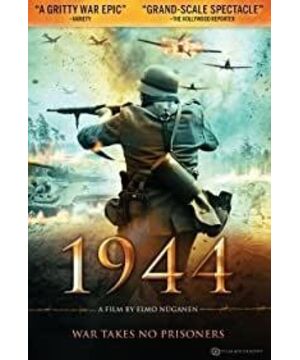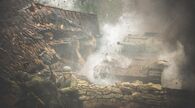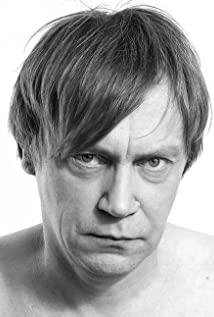The scenes of the war, though not brutal and bloody, were intense and spectacular. The film does not have a protagonist throughout the whole scene, which seems a bit scattered. The first half is an Estonian in the German army, and the second half is replaced by an Estonian in the Soviet army. The two people who went out of the country died on the battlefield, and they both died inexplicably. One died at the gunpoint of a fellow countryman, and the other was shot by his superior for not wanting to slaughter his fellow captives. From the Estonian's point of view, this war is a war between the Soviet Union and Germany, neither of which is a good thing, both are about occupying their territory, abusing the people, and both are aggressors. And a small and weak country like Estonia, caught in the big powers, is difficult to become independent, so countless Estonians were mercilessly involved in the war and became cannon fodder. Whether they fought for the Germans or the Soviets. Their deaths are of no benefit to their country and nation.
War is cruel, but politics is even more cruel, and the terrible political struggle in the Soviet Union is appalling. How many innocent people lost their lives by being easily labelled a counter-revolutionary. In fact, it might just be telling the truth. There is a sentence in the film, "The innocent people keep reproaching themselves, and the guilty people are at ease", which is the best explanation for the despicableness of politics.
View more about 1944 reviews








